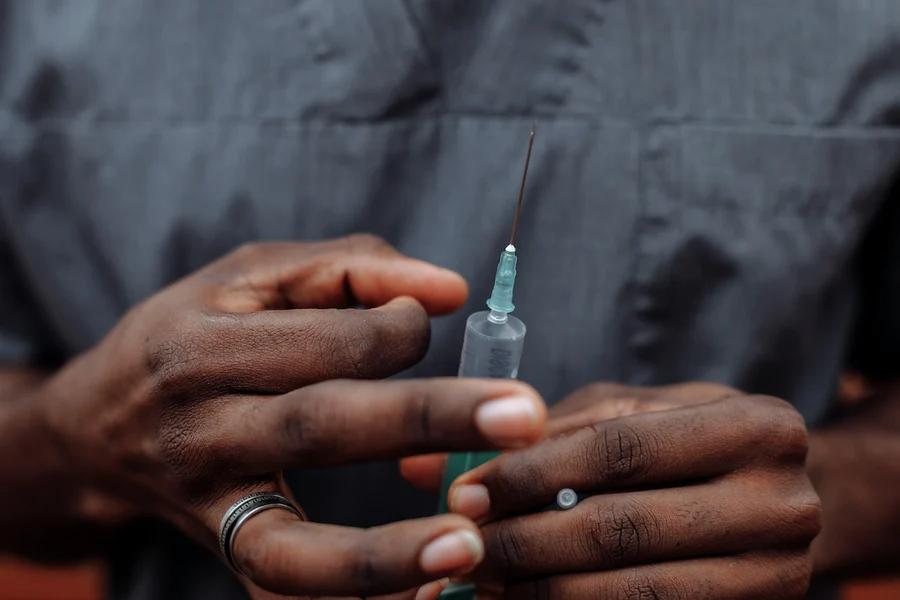
In vitro fertilization (IVF) is a fertility treatment that can help couples conceive a child. IVF involves combining sperm and eggs in a laboratory to create an embryo, which is then implanted in the woman’s uterus.
Some people have concerns that IVF may increase the risk of cancer. This is because IVF involves using hormones to stimulate the ovaries to produce eggs. These hormones can increase the levels of estrogen in the body, and estrogen is a known risk factor for some types of cancer, such as breast cancer.
However, studies have shown that there is no increased risk of cancer for women who have had IVF. This is true for breast, ovarian, and uterine cancer. The American Society for Reproductive Medicine (ASRM) agrees with these findings.
Studies on IVF and Cancer Risk
- A 2018 study published in the journal Human Reproduction found that there was no increased risk of breast cancer for women who had had IVF. The study followed over 100,000 women for up to 20 years.
- A 2019 study published in the journal JAMA Oncology found that there was no increased risk of ovarian cancer for women who had had IVF. The study followed over 160,000 women for up to 40 years.
- A 2020 study published in the journal Fertility and Sterility found that there was no increased risk of uterine cancer for women who had had IVF. The study followed over 1 million women for up to 20 years.
ASRM’s Findings
The ASRM agrees with the findings of these studies. The ASRM states that there is “no convincing evidence” that IVF increases the risk of cancer.
Why IVF Does Not Increase Cancer Risk
There are a few reasons why IVF does not increase the risk of cancer.
- The amount of estrogen exposure during IVF is relatively low.
- The type of estrogen used in IVF is different from the type of estrogen that is associated with an increased risk of cancer.
- Women who have IVF are typically older than women who conceive naturally. Older women are at an increased risk of cancer, but this is not due to IVF.
IVF is a safe and effective treatment for infertility. There is no increased risk of cancer for women who have had IVF. If you are considering IVF, you should talk to your doctor about the risks and benefits of treatment.
You may also take control of your fertility health with Natalist’s at-home fertility test bundle. This bundle includes everything you need to track your ovulation and identify potential fertility issues, all from the comfort of your own home.

The Natalist fertility test bundle includes:
- Ovulation tests: These tests detect the surge of luteinizing hormone (LH) that occurs before ovulation, so you can know exactly when to try for a baby.
- Progesterone tests: These tests measure the level of progesterone in your body, which can help you confirm ovulation and assess your overall progesterone levels.
- Natalist app: The Natalist app tracks your test results, symptoms, and menstrual cycle, so you can see patterns and trends in your fertility health.




